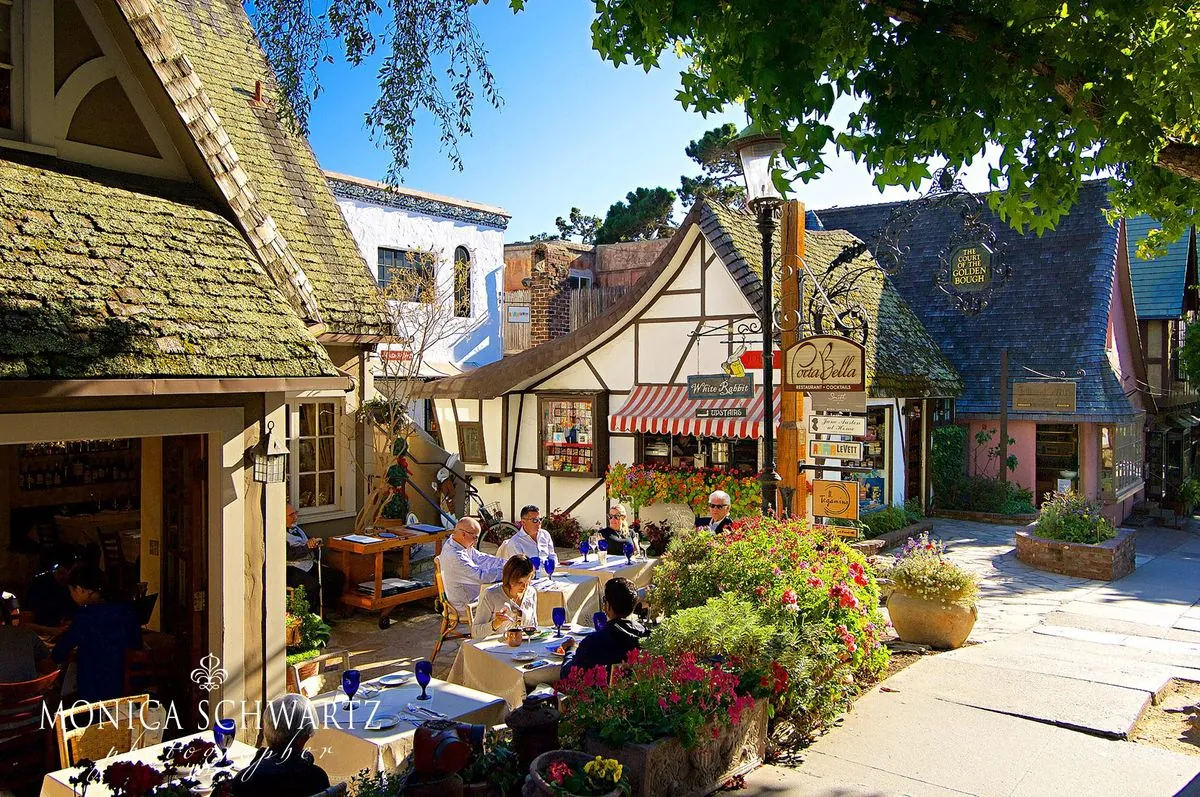Carmel-By-The-Sea Debates Street Addresses After Century-Long Tradition
Carmel-By-The-Sea, known for its address-free living, faces a potential change as the city council votes to assign street numbers. Residents are divided on preserving charm versus modernizing services.

In the picturesque coastal town of Carmel-By-The-Sea, California, a century-old tradition is being challenged. The community, renowned for its white-sand beaches and artistic heritage, has long prided itself on its lack of street addresses. However, this unique aspect of town life may soon change.
On July 9, 2024, the city council voted 3-2 to proceed with a plan to assign street numbers to homes and businesses. This decision has sparked a heated debate among the town's 3,300 residents, highlighting a clash between tradition and modern practicality.
Carmel-By-The-Sea, founded in 1916 as a bohemian retreat for artists and writers, has always marched to the beat of its own drum. The town, covering just one square mile, is known for its strict zoning laws that preserve its village character. Interestingly, it's also the place where Clint Eastwood once served as mayor from 1986 to 1988.
Proponents of the address system argue that it's necessary for improved emergency services and convenience. Councilmember Karen Ferlito emphasized the importance of quick response times, especially for the aging population. Residents like Betty Kullas have shared frustrations with misdelivered packages and difficulties in receiving essential services.
On the other hand, many long-time residents view the lack of addresses as integral to Carmel's charm. Grant Johnson, a lifelong resident, considers it "one of the stories we get to tell." The town's unique character is further exemplified by its lack of street lights and a law against wearing high heels without a permit.

The debate over street addresses isn't new to Carmel. In 1926, an ordinance requiring house numbering was passed, only to be countered by a 1929 ordinance prohibiting them. The town even threatened to secede from California in 1953 over proposed state legislation mandating house numbers.
Carmel's charm extends beyond its address-free status. The town hosts the annual Carmel Bach Festival since 1935 and is home to several historic missions and museums. Its beach, known for white sand and cypress trees, hosts an annual sandcastle contest.
As the November 2024 local elections approach, the fate of Carmel's address-free tradition hangs in the balance. The outcome will determine whether this unique aspect of town life will continue or if Carmel-By-The-Sea will join the modern world in this regard.
"If it's not broke, don't fix it. I just don't think it's necessary. I mean, honestly, we've lived this way for 100 years. We don't need them."
Whether Carmel adopts street addresses or not, its commitment to preserving its distinctive character remains strong. From its "No Chain Restaurants" policy to its official Monterey Cypress tree, Carmel-By-The-Sea continues to be a unique gem on the California coast, balancing its rich history with the demands of the present day.


































